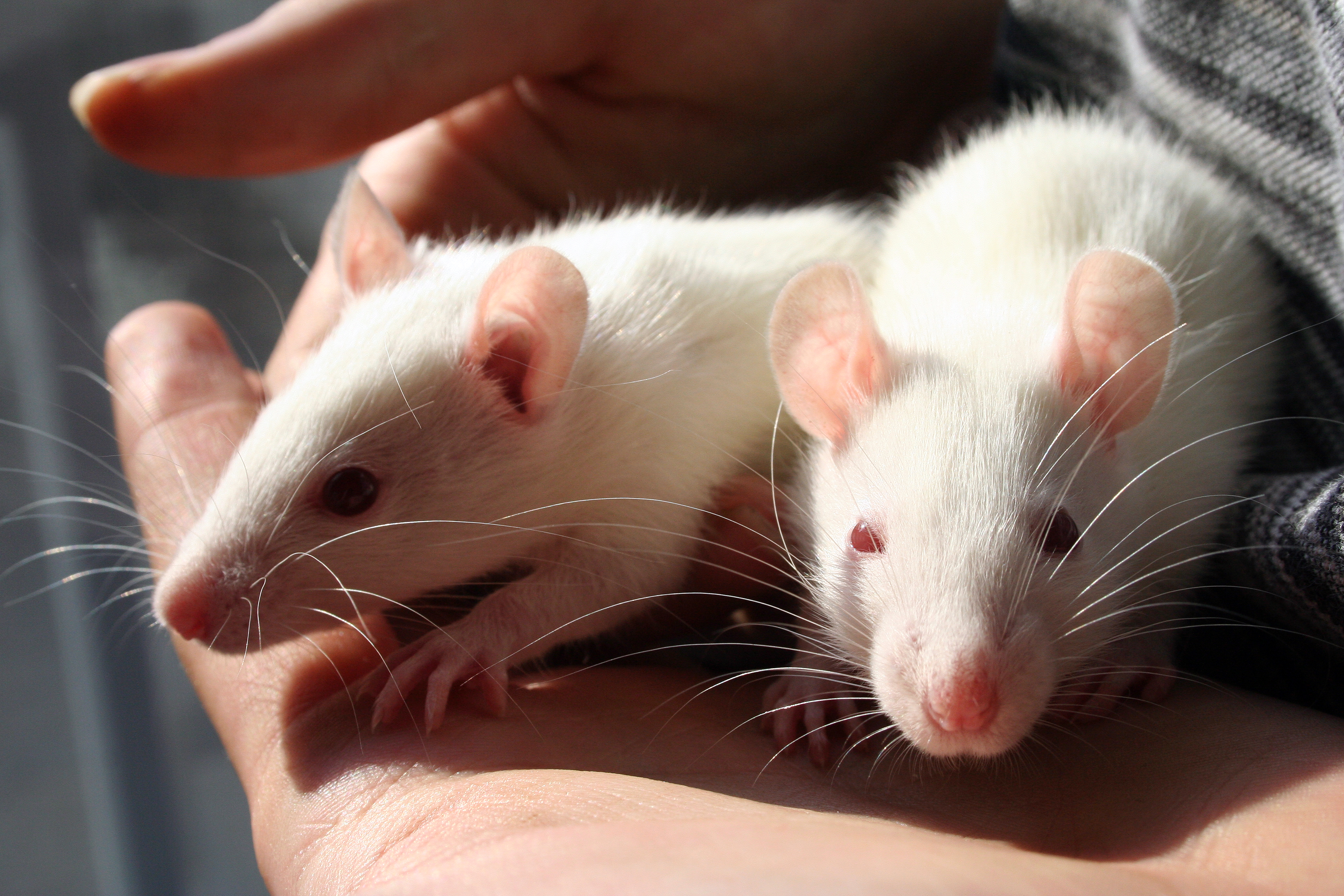Are rats with human brain cells still just rats?
By Jessica Hamzelou,
MIT Technology Review
| 10. 14. 2022
This week I wrote about a fascinating experiment that involved implanting human brain cells into rats’ brains. The brain cells from both species were able to form connections and work together. The human cells became part of the rats’ brains.
The idea is to get a better sense of what happens in the brains of living people—something that is notoriously difficult to do. For the last decade or so, scientists have been studying lab-grown clumps of brain cells called organoids. The new study shows that these organoids start to look much more like functional human brain cells when they are implanted into the brain of a baby rat.
A few months after they’d been implanted, the human cells made up around a sixth of the rats’ brains and appeared to have a role in controlling the animals’ behavior. Which invites the question: Are these animals still 100% rat?
It’s a tricky one. The scientists behind the work argue that there’s nothing really human about these rats. Throughout the study, the team examined the rats to see if those with...
Related Articles
Riquet Mammoth Kakao (c.1920)
by Ludwig Hohlwein, Public Domain via Flickr
Colossal, the de-extinction company, scored headlines (1, 2, 3, 4, 5) recently by announcing that they had created mice! Not just any mice, not even colossal mice, but genetically engineered, normal-size “woolly mice” that are the result of editing seven genes in mouse embryos. This Colossal presented as an important step toward making a specimen of charismatic megafauna – a...
By Ben Johnson, Nature | 02.14.2025
A London-based biotech has amassed the world’s largest ethically sourced foundational biodiversity database for training artificial intelligence (AI) by setting up partnerships with 25 countries around the world. The startup, Basecamp Research, announced in January the launch of a new...
By Isaac Schultz, Gizmodo | 10.18.2024
Colossal Biosciences, a company mainly known for intending to genetically engineer proxies for several iconic extinct species, announced this week that it has made major steps towards the de-extinction of the thylacine, or Tasmanian tiger.
The thylacine was a carnivorous...
By Russ Burlingame, Comicbook | 07.23.2024
Colossal Laboratories and Biosciences, a biotech company that's putting together plans to orchestrate the de-extinction for animals like the dodo and the wooly mammoth, made some waves on Reddit recently when they petitioned the United Federation of Planets -- the...




